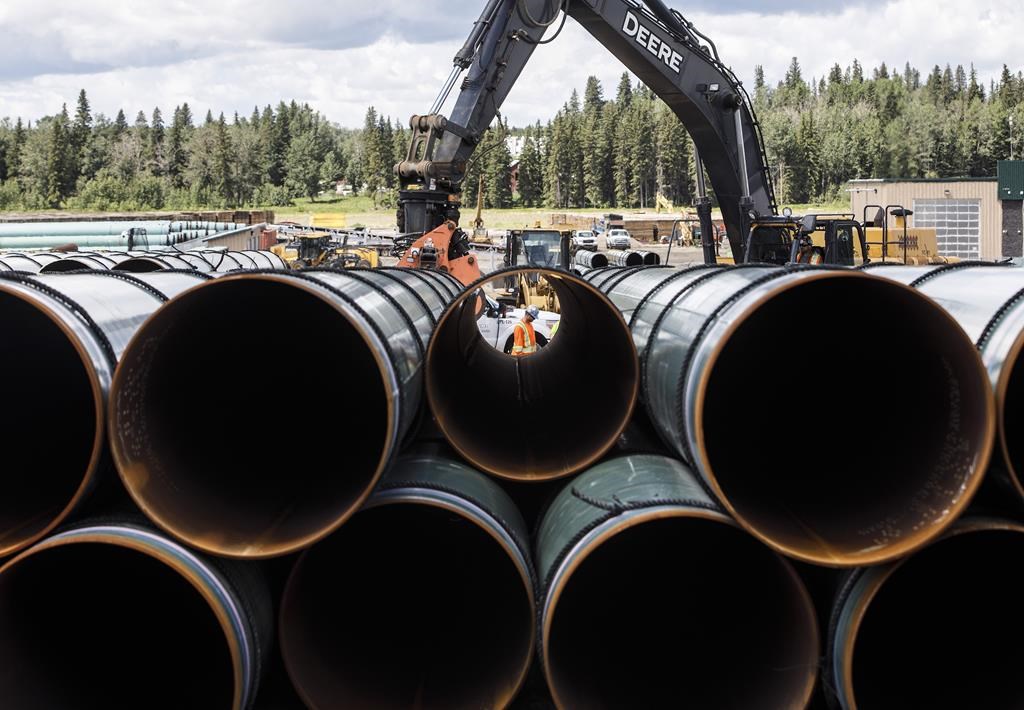There are now more Canadians living west of Ontario than east of Ontario. With 104 seats, the West has an election influence approaching parity with the 121 seats in Ontario and the 110 seats in Quebec and Atlantic Canada.

Within the West, one of these provinces is not like the others. British Columbians look a lot more like — gasp! — Ontarians than their western neighbours when it comes to voting intention, leader preference and a belief that the current government deserves re-election.
While the Conservatives have big leads in Alberta and Saskatchewan/Manitoba, the horserace in B.C. is neck and neck between the Conservatives and Liberals. Moreover, both the NDP and Greens have higher levels of support in B.C. than nationally, making all four parties relevant in the fight for B.C.’s 42 seats. All four parties won seats in B.C. in 2015 and expect to again.
Helping the Liberals match the vital 17 B.C. seats they won in 2015 is the fact that Justin Trudeau has remained narrowly ahead of Andrew Scheer as the province’s choice as best PM (same as in Ontario). In the other three western provinces, Scheer is the preferred choice as PM by a three-to-one margin over Trudeau.
About four-in-10 British Columbians (again, same as Ontario) believe the Trudeau government has done enough to deserve re-election. That’s nearly twice as high as in the rest of the West.

So what are the issues that matter to western Canadians in this election campaign? Across three waves of Ipsos polling during this campaign, the top five issues that matter to western Canadians are, in order: healthcare, affordability/cost-of-living, the economy, climate change and taxes.
Overall, the issues of the West are not really all that unique. These are the same top five issues for Canadians nationally, even if the ranking of issues is slightly different.
Nevertheless, the West does place a greater importance on two issues. Energy/pipeline issues are the sixth most important issue in the West compared to the 14th most important issue nationally. The emphasis on energy/pipelines is driven mostly by Alberta, but affordability/cost-of-living is also a bigger issue in the West, driven mostly by the concerns of British Columbians.
There is no single western consensus on the issues. The importance of issues varies widely by province. Only two issues, health care and affordability/cost-of-living, show up in the top five lists across each of B.C., Alberta and Saskatchewan/Manitoba.
- Alberta to overhaul municipal rules to include sweeping new powers, municipal political parties
- Canada, U.S., U.K. lay additional sanctions on Iran over attack on Israel
- No more ‘bonjour-hi’? Montreal mayor calls for French only greetings
- Trudeau says ‘good luck’ to Saskatchewan premier in carbon price spat
- British Columbians stand out most from the national numbers in the increased importance placed on housing affordability/availability (the #4 issue in B.C.). British Columbians also say they care more in this election about affordability/cost-of-living and energy/pipeline issues. It is also important to note that despite the B.C. provincial government’s opposition to the TransMountain pipeline, most British Columbians actually support moving ahead.
- Albertans stand out most from the national numbers in the increased importance placed on energy/pipeline issues (the number four issue in Alberta). Albertans also place a greater emphasis than Canadians as a whole on the economy, unemployment/jobs and the deficit/debt.
- Saskatchewan/Manitoba residents stand out most from the national numbers by placing greater importance on issues such as drug abuse, crime/violence and Indigenous concerns.
What will matter most in this election is the same in the West as in the rest of the country. The seats will go to the parties who can best motivate their supporters to show up and vote.
The Liberals won this turnout battle in 2015 by inspiring new and young voters to go to the polls. The result was 29 Liberal seats in western Canada — a remarkable increase from just four seats in 2011 and a range of seven to 15 seats in the five elections from 1997 to 2008.
The 2015 election looks like the aberration in what has been a two-decade move away from the Liberals in the West. In order to get anywhere near 29 seats again, the Liberals will need to turn things around quickly.
Western Canadian voters have identified their critical issues. Now it’s up to the parties to provide the inspiration.
Kyle Braid is a Senior Vice President with Ipsos Public Affairs in Vancouver.




Comments